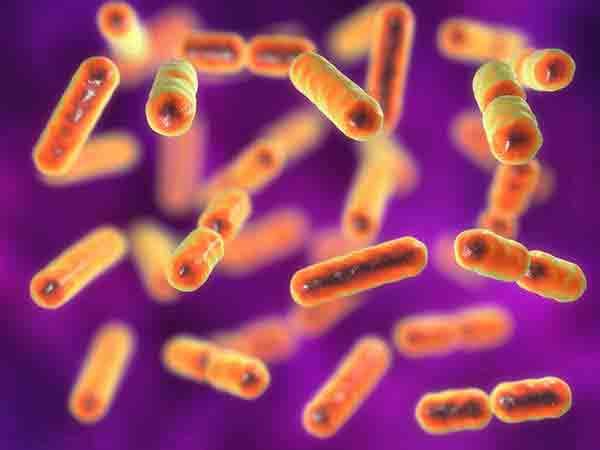Maternal psychosocial stress Is associated with reduced diversity in the early infant gut microbiome
Infants’ growing gut microbiomes are highly responsive to environmental influences, allowing them to support the immune system, offer immunity against illness, and promote healthy gut and nervous system functions. The effect of maternal psychological stress on the baby’s gut flora is the main focus of this study by Dutton et al. (2023). 47 mother-infant pairs were recruited for this study. Extensive demographic, medical, and psychosocial stress data were gathered at birth. At six weeks, 12 weeks, and six months, newborn stool samples were also taken. Based on eight surveys, a composite maternal psychosocial stress score was developed to account for various stress exposures. Sequences of the 16S rRNA gene in its entirety were produced. Analysis of the results revealed that, compared to newborns of moms with low stress levels, infants of mothers with high composite stress scores had lower levels of gut microbiome beta diversity when investigated at six weeks and three months, as well as greater levels of alpha diversity at six months. Compared to newborns of low-stress moms, infants of high-stress mothers had lower levels of the health-promoting bacteria Lactobacillus gasseri and Bifidobacterium pseudocatenulatum at six weeks. However, the discrepancies were substantially eliminated by three to six months. Previous studies have demonstrated that L. gasseri may be used as a probiotic to lower inflammation, stress, and exhaustion and to enhance mental state, while B. pseudocatenulatum plays a crucial role in early development in influencing the gut-brain axis and in avoiding mood disorders. The authors conclude that the newborn gut microbiome may contribute to the effect of maternal stress on child health and development based on their findings of decreased levels of these health-promoting bacteria in infants of high-stress moms. [NPID: Maternal psychosocial stress, early infant gut, microbial diversity, microbial composition, Lactobacillus gasseri, Bifidobacterium pseudocatenulatum]
Year: 2023
 Navigation
Navigation






